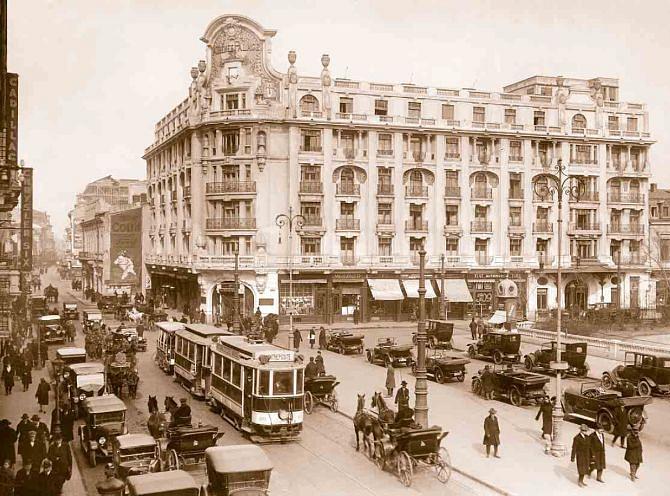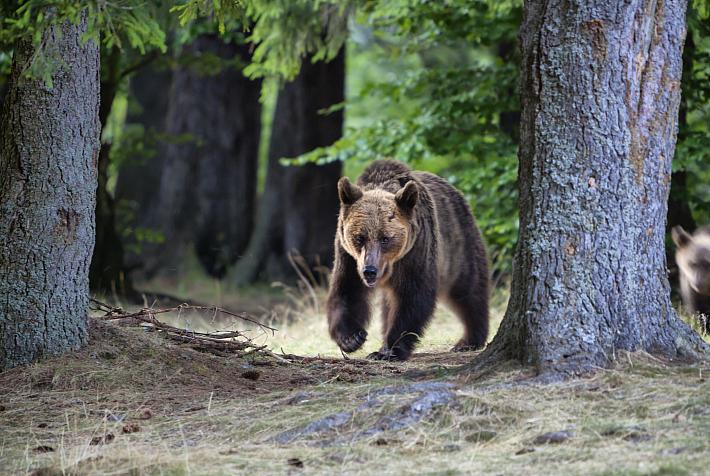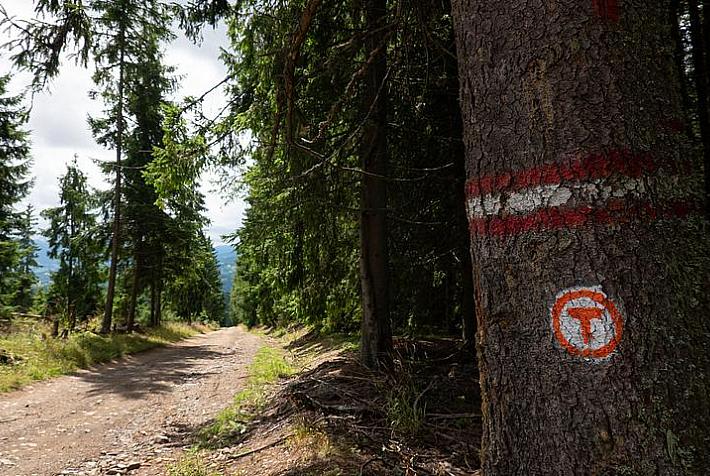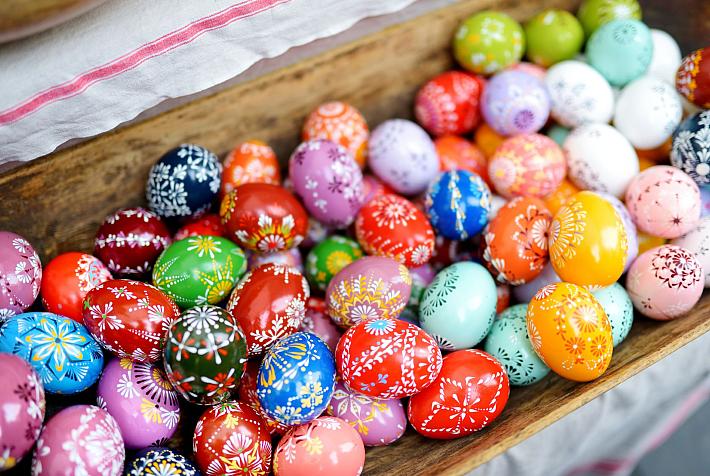The story of an Irish expat in Romania...100 years ago

I recently bought a book called “Twenty years in Roumania,” written by an Irish-born woman Maude Rea Parkinson * who lived and worked as a language teacher in Bucharest between 1889 and 1914. She was an expat in Romania a century ago, so her experiences must have been very different from the expats living here now, I thought. But after reading the book, I discovered that I was wrong. Most things I’ve learned from interviews with expats, can also be found in Maude’s book. So this is the story of an expat who lived here 100 years ago, but whose observations are still contemporary.
“Why, you must be quite mad to think of going so far away to a country of which nobody knows anything at all,” friends and family told her before coming to Romania. Fear of Romania, checked. Of course, Maude disregarded them, and armed with letters of introduction and curiosity for a country that had something of the glamour of the Orient, she proceeded to Bucharest and soon established herself as a teacher of languages in 1889. “For the next twenty two years of my life I lived in Romania; but for the war I should probably be there now.”
Maude admits that it was a rash undertaking for a girl to adventure so far afield into the unknown, but she already had some experience living abroad. “And for the rest, I was an Irish girl, and timidity is not a fault which I have ever heard charged against the people of my country.”
Upon arriving in Bucharest, in February, she becomes disenchanted with a city covered in snow, with few streets to have any system of drainage, for extensive floods frequently render the road way. But then she meets one of Bucharest’s 200,000 inhabitants, Madame, the school’s principal, that embraces her effusively and kisses her on both cheeks. Romanian warmth: checked.
She soon comes to understand that life ain’t that bad in the capital, especially as a foreigner. “Life in Bucharest is very agreeable, especially for foreigners, and especially for the English, who are looked up to and admired by the Romanians. It is curious that with the better-class Romanians English has become more fashionable than their own language.” Expat fascination: checked
Maude discovers the beauty of nature in Romania. “The scenery in the Carpathians is very beautiful and at many points even imposing. Rough mountain ponies are used in summer for the ascent of peaks,” she writes. “Romania, by the way, is rich in minerals, but it is regrettable that so few are exploited. It is to be hoped that with time the entire mineral wealth of Romania may be exploited, and thus contribute to the prosperity of the country.” Nature’s awe: checked. Poor exploitation of rich mineral reserves and the country, unprosperous: checked.
She starts noticing the political life, including the elections. “When the elections day dawns, then the fun begins. Inside the pulling station there is, besides the recording official, an agent for each side, Conservative and Liberal, who narrowly scrutinises each voter as he appears, and sees to it that he records his vote properly. Trickery is very often practised, so it behoves each one to be on the alert. By some means or other, names of long dead are inserted in the register.” Dead people voting during elections: checked
As the elections come to an end, and the new Government installs, resemblance to the contemporary political life in Romania continues. “After the elections, when the new Government is duly installed in office, a clearance of the former officials takes place. One and all are changed, even to the man who runs to the nearest cafe for for the cup of afternoon coffee.” Brand new start of a Government: checked.
Maude also pays attention to the religious rituals of Bucharest. “The patron saint of Bucharest is St. Demetre- his mommy, enclosed in a silver casket, lies in the church named after him. On his name day, special services are held. The silver casket containing the whole remains is placed outside the church, and as all Bucharest is present on that day, everyone who passes by, and feels so disposed, may kiss the hand of what was once St. Dimitri.” Churches are a great feature of the town, and there are more than 200 of them, she notices. Long lines in front of his remains on St. Dumitru day & churches everywhere: checked.
Churches are abundant, but so is Bucharest’s night life, especially on Calea Victoriei, full with “society ladies in elegant costumes, dapper little Frenchmen belonging to the French Embassy, Romanian officers in varied uniforms, handsome Turks with the fez set jauntily on their heads, Armenians with full shorts skirts,” Maude writes. Rich fauna on Calea Victoriei: checked.
As for the Romanian women, they are, of course, beautiful. “Roumanian ladies are on the whole pretty, and some are very pretty. They have always good hair and teeth and small feet. Dyeing the hair is also greatly in vogue, even with young people. I knew two sisters, daughters of Princess- (who always insisted upon her title) who were very pretty girls with dark brown hair. Evidently, they are discontented with it, as on meeting them one day I noticed, to my utter amazement, that their hair was golden.” Beautiful Romanian women: checked
By Diana Mesesan, features writer
*20 years in Romania by Maude Rea Parkinson. The book , translated into Romanian, was published by Humanitas - and can be bought either from the Humanitas shops, or online from elefant.ro,
The English version is available to read for free online
(in picture: Calea Victoriei a century ago; source: Athenee Palace Hilton hotel)











